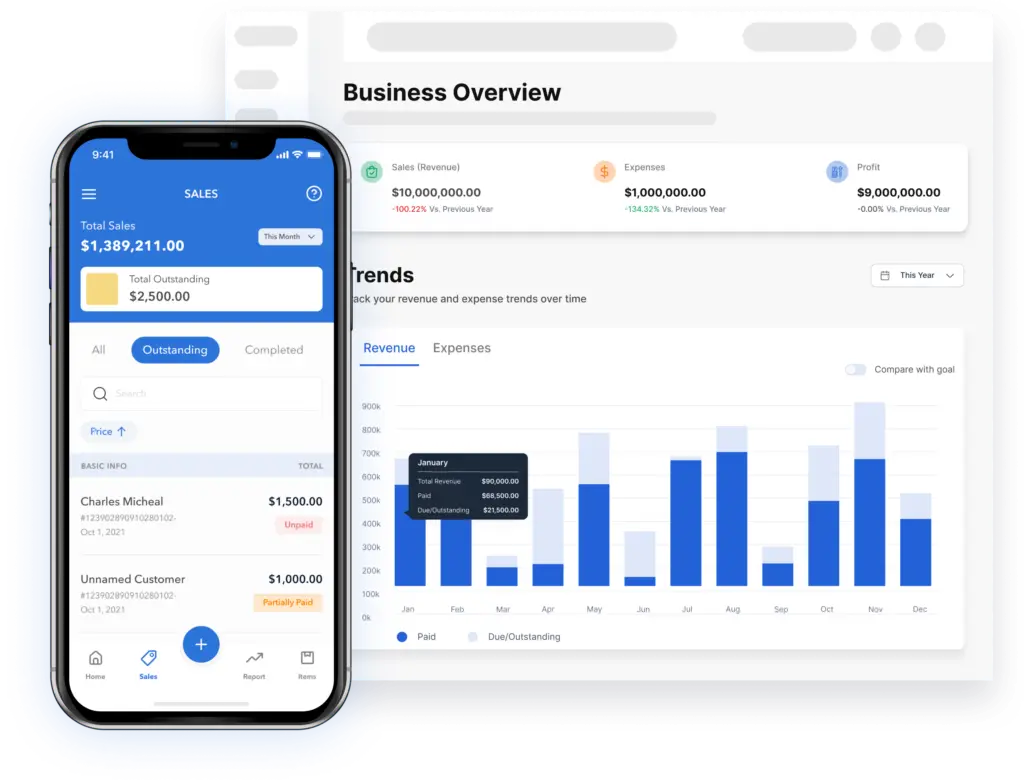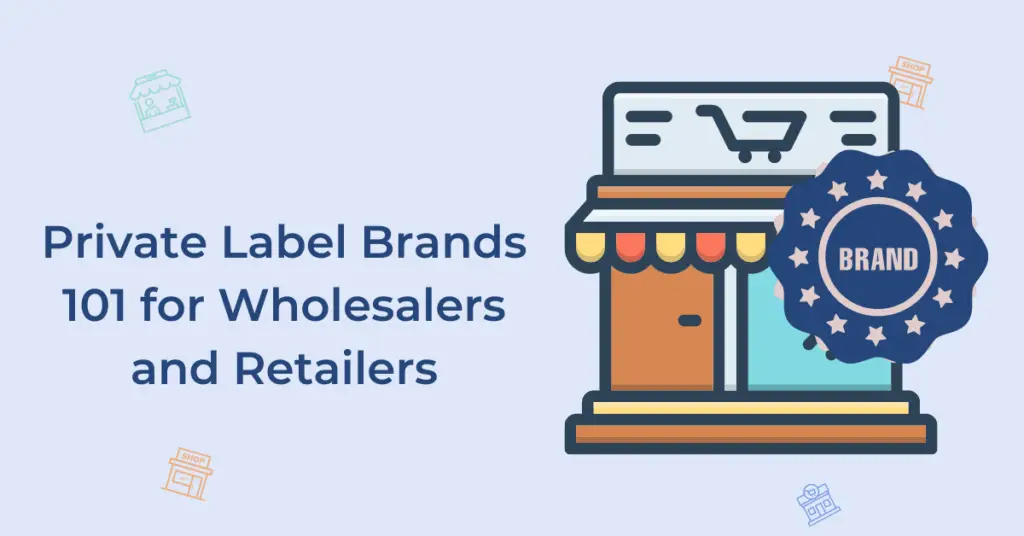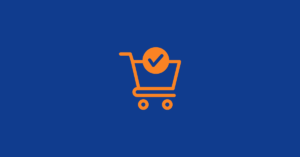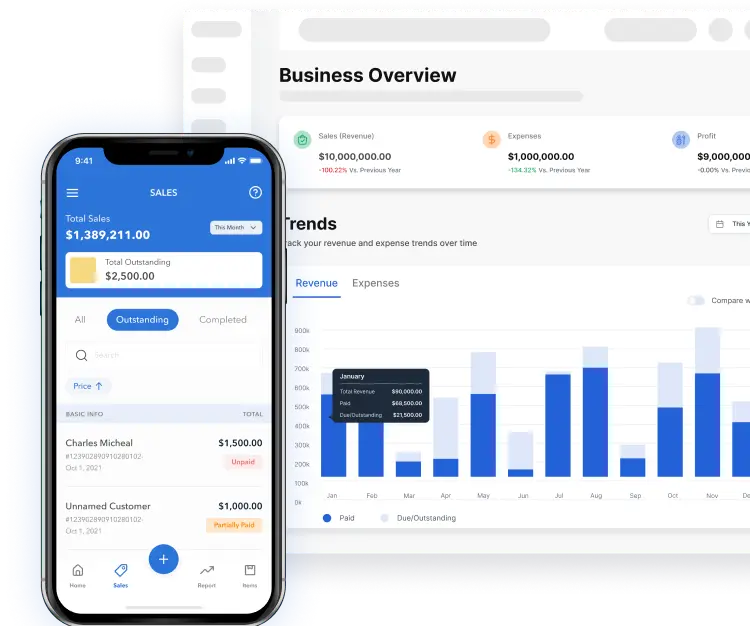In today’s competitive landscape, brands constantly seek innovative ways to reduce costs or set themselves apart. One such strategy that is gaining momentum is the concept of private-label brands for wholesalers and retailers. But what exactly are private label brands, and why are they becoming dominant in the retail industry?
In this blog, we’ll delve into the world of private label brands, exploring their definition, the growing trend in the retail industry, and, most importantly, how wholesalers and retailers can create and leverage private label brands to drive business success.
- What are private-label brands?
- Benefits of private label brands for wholesalers and retailers
- Examples of successful private-label brands in various industries
- How to create a private label brand
What are private-label brands?
Private label brands are products manufactured by a third party but sold under a retailer’s name. This approach allows retailers to offer unique products tailored to their brand image and customer preferences. By controlling the product’s specifications, packaging, and branding, retailers can tailor private label products to meet their target audience’s needs and preferences.
Private-label brands are experiencing a surge in popularity; in 2023, private brands made $217 billion and accounted for 18.9% of CPG GDP. Retailers recognize the value of providing exclusive products that foster brand loyalty and drive sales.
Benefits of private label brands for wholesalers and retailers
- Differentiation: Private label brands help wholesalers and retailers stand out in a crowded market by offering unique products unavailable elsewhere.
- Brand Loyalty: By providing exclusive products, retailers can build stronger customer connections, increasing brand loyalty and repeat purchases.
- Higher Margins: Private label products often offer higher profit margins than national brands, as retailers have greater control over pricing and production costs.
- Flexibility: Retailers can quickly adapt private label products to changing consumer preferences and market trends.
- Control Over Quality: Wholesalers and retailers can ensure the quality and consistency of private label products, enhancing their reputation for delivering value and reliability.
Examples of successful private-label brands in various industries
Kirkland Signature (Costco)

Costco’s private label, Kirkland, is known for its high-quality and affordable products in various categories, including food, home essentials, and home electronics. Examples of products include Kirkland Signature Organic Extra Virgin Olive Oil, Kirkland Signature 100% Colombian Coffee, and Kirkland Signature Baby Wipes.
AmazonBasics (Amazon)

AmazonBasics offers a wide range of everyday essentials and electronics at competitive prices, catering to the needs of Amazon’s diverse customer base. Examples of products include AA rechargeable batteries, microfiber cleaning cloth, and AmazonBasics Portable Power Bank. This private label has been successful—the brand benefits from Amazon’s extensive distribution network and strong customer trust, driving its success.
Why Successful: AmazonBasics provides a wide range of everyday essentials and electronics at affordable prices, catering to Amazon’s diverse customer base—the brand benefits from Amazon’s extensive distribution network and strong customer trust, driving its success.
Trader Joe’s

Trader Joe’s features a unique selection of private-label products, ranging from gourmet foods to household items, known for their quality and affordability. Example Products: Trader Joe’s Speculoos Cookie Butter, Everything But the Bagel Seasoning, Organic Black Bean Rotini.
Why Successful: Trader Joe’s private label products are known for their unique and innovative offerings, often inspired by global cuisines and food trends. The brand’s focus on quality, affordability, and customer experience has earned it a loyal following and cult-like status among shoppers.
Great Value (Walmart):

Walmart’s private label brand, Great Value, offers diverse products at budget-friendly prices, appealing to value-conscious shoppers. Great Value Bottled Water, Great Value Frozen Mixed Vegetables, Great Value Peanut Butter
Why Successful: Great Value offers a wide range of everyday essentials and grocery items at budget-friendly prices, appealing to Walmart’s diverse customer base. The brand’s consistent quality and extensive product selection make it a preferred choice for value-conscious shoppers.
Up & Up (Target):

Target’s private label brand encompasses various products, including household essentials, personal care items, and baby products, known for their quality and value.
These examples demonstrate the success and versatility of private-label brands across different industries, highlighting their ability to drive customer loyalty and profitability for wholesalers and retailers alike.
Why Successful: Up & Up provides a comprehensive range of health, beauty, and household products at affordable prices, catering to Target’s savvy shoppers. The brand’s emphasis on quality, value, and innovation has contributed to its success in the competitive retail market.
How to create a private label brand
- Select the Product by Performing Market Research
- Source Suppliers and Manufacturers
- Develop Branding and Packaging
- Drive Product Development and Testing
- Consider Legal and Compliance Complications
- Setup the Process for Managing Your Private Label Inventory, Suppliers, and Customers
1. Select the Product by Performing Market Research
Market research helps identify opportunities and understand consumer preferences, enabling product selection.
- For example, analyzing consumer demographics and preferences can help a cosmetics retailer identify the demand for natural skincare products among environmentally conscious consumers. It is also important to research competition pricing.
- For example, researching competitor pricing and offerings can reveal an opportunity for a grocery store to introduce a private-label organic food line to compete with premium brands.
What to Do:
- Conduct thorough market research to identify target market demographics, preferences, and trends.
- Analyze competitors to understand their offerings, pricing strategies, and market positioning.
- Determine product categories with high demand and growth potential based on market research findings.
2. Source Suppliers and Manufacturers
Finding reliable suppliers and manufacturers ensures product quality, consistency, and timely delivery. For example, a specialty food store may partner with local artisanal producers to create unique gourmet products for their line.
What to Do:
- Research and vet suppliers based on quality, reliability, and cost.
- Negotiate terms and agreements, including pricing, minimum order quantities, and lead times.
- Consider factors such as production capacity, location, and ethical sourcing practices when selecting manufacturers.
3. Develop Branding and Packaging
Strong branding and packaging differentiate the product and communicate its value to consumers. For example, a wellness company may create a private label line of essential oils with calming packaging designs and a nature-inspired brand identity.
What to Do:
- Develop a unique brand identity, including brand name, logo, and messaging.
- Design packaging that reflects the brand identity, appeals to the target market, and complies with regulations.
- Ensure packaging is functional, visually appealing, and effectively communicates product benefits.
4. Drive Product Development and Testing
Product development and testing ensure that the product meets quality standards and customer expectations. For example, a skincare brand may test different formulations of a new moisturizer with focus groups to determine the most effective formula for their line.
What to Do:
- Collaborate with suppliers or manufacturers to develop product specifications, features, and formulations.
- Conduct product testing and quality assurance to ensure product safety, efficacy, and compliance.
- Iterate on product design and formulation based on feedback from focus groups, beta testing, and market research.
5. Consider Legal and Compliance Complications
Ensuring legal and regulatory compliance protects the brand and avoids potential legal issues. For example, a beverage company may trademark its brand name and logo to prevent competitors from using similar branding.
What to Do:
- Register trademarks and patents to protect brand assets and intellectual property. Trademark Elite is a good option for registering US trademarks.
- Ensure compliance with regulatory requirements, labeling laws, and product safety standards.
- Obtain necessary permits and licenses for manufacturing, distribution, and sales.
6. Setup the Process for Managing Your Private Label Inventory, Suppliers, and Customers
Managing your inventory efficiently is crucial for your brand. This ensures you have the right products for your customers while avoiding overstock and product wastage. A reliable inventory software system like Vencru helps streamline this process.
Benefits of using Vencru to manage your private label

Investing in a reliable inventory software system like Vencru offers numerous benefits for your private label brand, including optimized inventory management, streamlined supply chain operations, actionable insights, and simplified compliance and financial management. These benefits collectively enhance competitiveness, agility, and profitability in today’s dynamic business environment. An effective inventory software helps you by
- Maintaining optimal inventory levels: It also provides alerts for low-stock, expired products, and out-of-stock items. This proactive approach minimizes the risk of stockouts and reduces the likelihood of product spoilage, ultimately maximizing your profitability.
- Integrating with your sales and purchase order systems: helps streamline your supply chain process. Customers’ orders are automatically synced, while supplier purchases are efficiently managed. This automation saves time and ensures seamless communication between different parts of your business, improving efficiency and accuracy.
- Providing insightful reports: From analyzing top-selling products and customer sales to tracking employee sales, you gain valuable data to inform your business decisions and strategies. These actionable insights help you identify trends, capitalize on opportunities, and optimize your operations for sustained growth.
Related Content






